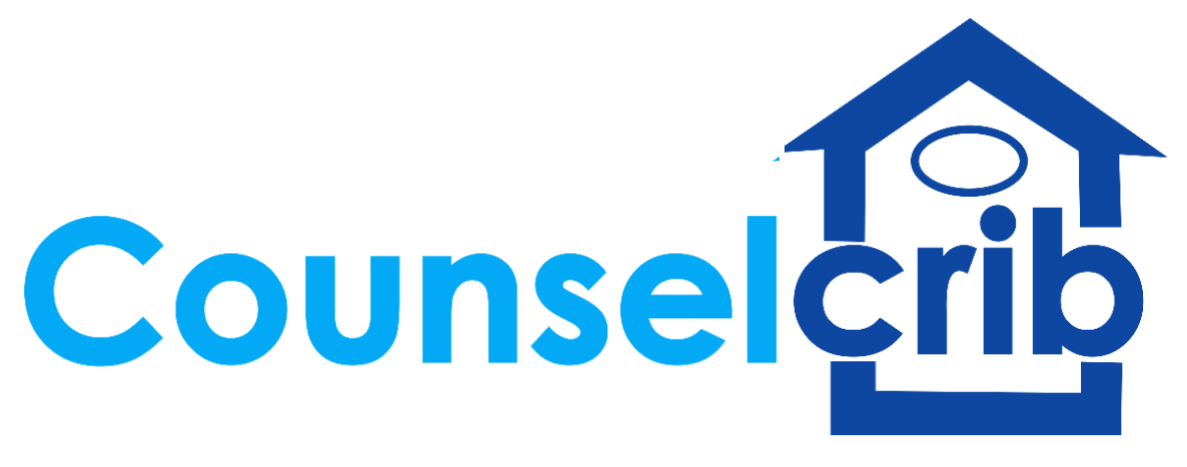How Important is a Business Plan to Winning Grants?
As a business owner, you’re likely no stranger to the challenges of accessing funding to grow and scale your business. Grants can be a lucrative source of funding, but the competition is fierce, and the application process can be daunting. One crucial element that can make or break your grant application is a well-crafted business plan. In this blog post, we’ll explore the importance of a business plan in winning grants and provide actionable tips on how to create a winning plan.
What is a Business Plan, and Why is it Essential for Grant Applications?
A business plan is a comprehensive document that outlines your business goals, target market, financial projections, and marketing strategy. It serves as a roadmap for your business, helping you navigate the challenges and opportunities that lie ahead. When it comes to grant applications, a business plan is essential for several reasons:
1. Demonstrates credibility: A well-written business plan demonstrates your credibility as a business owner and showcases your ability to manage and grow a successful business.
2. Outlines project goals and objectives: A business plan clearly outlines the goals and objectives of your project, helping grant reviewers understand how their funding will be used.
3. Provides financial projections: A business plan includes financial projections, which help grant reviewers assess the viability of your project and the potential return on investment.
4. Shows a clear understanding of the market: A business plan demonstrates your understanding of the market, including your target audience, competitors, and market trends.
What Makes a Winning Business Plan for Grant Applications?
While there’s no one-size-fits-all formula for a winning business plan, there are several key elements that can increase your chances of success:
1. Clear and concise writing: Your business plan should be easy to read and understand, with clear and concise language that avoids jargon and technical terms.
2. Well-defined goals and objectives: Your business plan should clearly outline the goals and objectives of your project, including specific metrics and benchmarks for success.
3. Realistic financial projections: Your business plan should include realistic financial projections, including a detailed budget and cash flow statement.
4. Strong market analysis: Your business plan should demonstrate a strong understanding of the market, including your target audience, competitors, and market trends.
How to Create a Winning Business Plan for Grant Applications

Creating a winning business plan for grant applications requires careful planning and attention to detail. Here are some actionable tips to get you started:
1. Conduct thorough market research: Conduct thorough market research to understand your target audience, competitors, and market trends.
2. Define your project goals and objectives: Clearly define the goals and objectives of your project, including specific metrics and benchmarks for success.
3. Create a detailed budget and cash flow statement: Create a detailed budget and cash flow statement that outlines your projected income and expenses.
4. Review and revise your plan: Review and revise your plan carefully, ensuring that it’s clear, concise, and free of errors.
Conclusion
A well-crafted business plan is essential for winning grants, as it demonstrates your credibility, outlines project goals and objectives, provides financial projections, and shows a clear understanding of the market. By following the tips outlined in this blog post, you can create a winning business plan that increases your chances of securing grant funding.
Remember to conduct thorough market research, define your project goals and objectives, create a detailed budget and cash flow statement, and review and revise your plan carefully.




